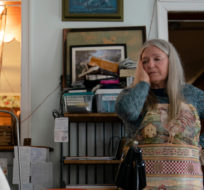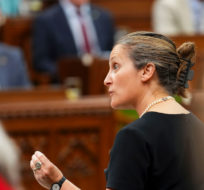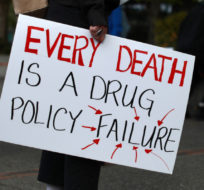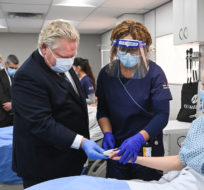
Canada needs to be ‘less hostile and more grateful’ to the pharmaceutical industry: Richard Owens explains why
Policy thinker Richard Owens joins Hub Dialogues to dispel the myths around the benefits of price controls in the pharmaceutical industry and outline why Canada needs to get rid of the Patented Medicine Prices Review Board.










